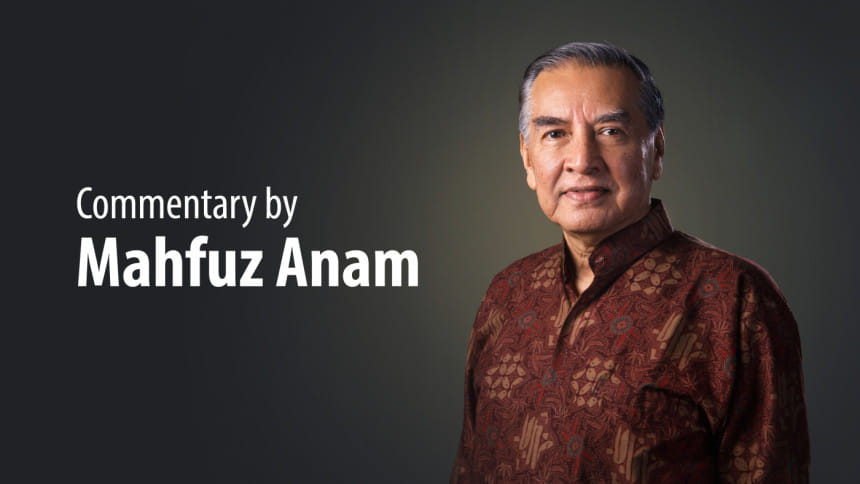Search Committee’s final hour: History will judge whether it was their finest

Tomorrow (February 24, 2022), the Search Committee will submit its recommendations to the President. Regrettably it will be done as before – in secrecy. We will never know (unless the President decides otherwise and sets a new precedent, and we hope he does) the ten names they recommended and only learn about the five the President will choose in consultation with the Prime Minister.
We write today to put on record a few things. Unlike the previous Search Committees whose terms of reference were determined by the President, the present Committee has been formed under a new law that spells out how it will be formed and function. This is a significant departure from the past putting the Committee's stature and prestige at a much higher level but at the same time making its activities far more accountable than before.
Of the six members of the Search Committee two, the chair and another member, are directly nominated by the Chief Justice of Bangladesh. This means that through these two nominations, the office and the person of the Chief Justice, who stands as the apex of our judiciary and is seen as the epitome of public confidence in our judicial system, has become linked with the performance of this Committee. The way they discharge their functions will reflect on the Chief Justice himself, especially because he nominated the chair.
We, of course, expect and express our confidence that these two honourable judges will act with the highest standards of judicial tradition. Still we thought of bringing this fact to their attention.
The law specifies, under section 3(2) that the Search Committee will decide its own procedure of work (অনুসন্ধান কমিটি উহার সভার কার্যপদ্ধতি নির্ধারণ করিবে). Therefore, when the Search Committee decided not to disclose the names of their final nominees to the President, they did so on their own, not under any compulsion or obligation or legal necessity. It is the Committee's own decision and as such they are responsible for all the consequences that will emanate from this action of secrecy.
According to media reports, the chief of the Search Committee said that revealing names is "the domain of the President. After submission to the President if he wants to reveal the names then the names will be revealed". With the highest respect to the learned judge, there is nothing in the law that prevents the Committee from revealing the names of its nominees. This is something that the Committee has imposed on itself, ignoring the demands of all the political parties who sent their recommendations and individuals whom they invited for the dialogue. Why opt for the "restrictive option" when the "transparency option" exists and is demanded by most political parties, the latter being the principal actors in any election? Isn't it one of the most famous judicial dictum that "justice is not only to be done but also seen to be done"?
The significant point that is being missed here is that revealing the names of the 10 nominees would have greatly added to the process of transparency and significantly increased public confidence in it, which is of vital importance in anything that has to do with elections. It is more so than usual because of the controversies that surround the past elections.
Earlier we had written about the moral role of the Search Committee which along with the legal made their work so vital. The point we stressed was gaining public confidence for their decisions. We tried to draw the bigger picture of the democratic future of the country, along with it the prestige and credibility of the country in the international arena.
While we question the decision not to reveal the names, we still hope that considering all the points raised, the Search Committee will be fully conscious of the supreme importance of their task and rise up to the public expectation of the moment and give us a courageous and competent Election Commission that we deserve and, more importantly, we desperately need.

 For all latest news, follow The Daily Star's Google News channel.
For all latest news, follow The Daily Star's Google News channel. 



Comments